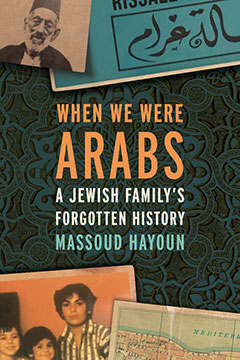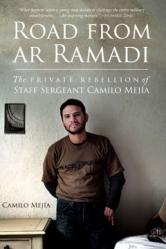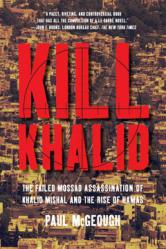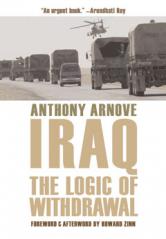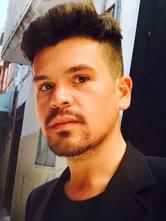“With a clear point of view, Hayoun weaves in his family history with the politics that shaped their lives. When We Were Arabs is a nostalgic celebration of a rich, diverse heritage.”—Martha Anne Toll, NPR Books |
“Hayoun pieces together a remarkable tale of survival and success, and it is a story worth remembering. A moving and intriguing family history.”—Kirkus Reviews |
“When We Were Arabs: A Jewish Family’s Forgotten History by Massoud Hayoun is a memoir and an intimate narrative of two Jewish Arab families woven together by time and circumstance as they emigrate from Morocco and Tunisia to Egypt, Palestine, France, and the United States, looking for a place to call home.”—Los Angeles Review of Books |
“This decolonial memoir is a powerful tribute to heritage; it gives an intimate insight into what it means to be a Jewish Arab, an identity which is today wrongfully deemed an oxymoron.”—Middle East Eye |
“When We Were Arabs is not only a deeply researched account of one family’s North African history, but one of the best books available on the postcolonial foundations of contemporary Arab American identity. It is nothing short of a triumph.”—Moustafa Bayoumi, author of This Muslim American Life and How Does It Feel to Be a Problem |
“A stunning piece of storytelling, a necessary work of history, and in its portraiture of a lost world, its corniches populated with the great singers and film stars of old, it is a work of poetry.”—Safia Elhillo, author of The January Children |
“When We Were Arabs wonderfully braids cultural history, memoir, poetics, and politics into a completely unexpected but necessary artistic intervention destined to obliterate our brittle understandings of what is Jewish, Arab, and radically loving. The book is as good as it is important.”—Kiese Laymon, author of Heavy |
“When We Were Arabs, Hayoun’s successful project of subversion through remembrance, is a compelling and highly recommended read.”—Inside Arabia |
“A beautiful act of resistance, of defiance against erasure, of dreams of ancestors and their desire to build, create, and enact a place for themselves and their descendants in the world. It is truly a thing of beauty and reverence.”—Mira Assaf Kafantaris, The Millions |
|
“In this passionate blend of family history, memoir, and rumination on identity, journalist Hayoun utilizes family lore, journals, and photographs to tell his grandparents’ story and recreate a lost multicultural era in the Arab world. . . . Deeply personal, moving reminiscences from his ancestors will make even those with no knowledge of the subject nostalgic for a bygone age. . . . Readers will relish this revealing glimpse of that now-obscured world.”—Publishers Weekly |
“Hayoun’s debut memoir offers a new perspective on world affairs and will be appreciated by readers interested in family histories told through personal narratives.”—Library Journal |
“An intriguing read for anyone interested in furthering their understanding of complex identities and mixed cultural heritage.”—Jewish News |
“A masterpiece that reads with the same themes of complexity and romance, pain and longing, that are indigenous to the land of his grandparents, and the entwined Arab and Jewish identity that flourishes on every page of this book.”—Khaled Beydoun, law professor and author of American Islamophobia |
“A beautifully written, compelling argument for compassion, solidarity, and love, in a time where they are so woefully scarce.”—Sister Helen Prejean, author of Dead Man Walking |
“An absorbing family history that spans continents and epochs . . . [Hayoun] delivers a scathing indictment of colonialism.”—Raja Shehadeh, author of Palestinian Walks and Where the Line Is Drawn |
“Hayoun’s masterful use of memoir not only gives us a fascinating look at the fate of the Arab world’s Jewish community, but also provides a powerful and impassioned argument for the reemergence of an emancipatory Arab nationalism.”—Middle East Research and Information Project |
“Massoud Hayoun’s intimate memoir weaves family history with politics in a powerful exploration of Arab Jewish identity.”—The New Arab |
|

